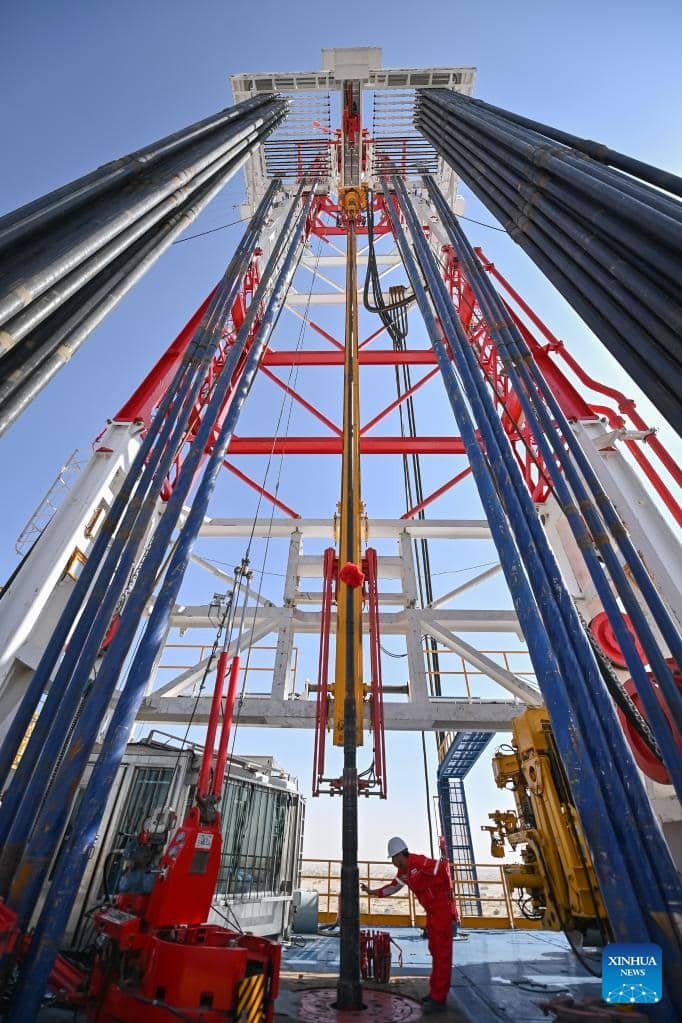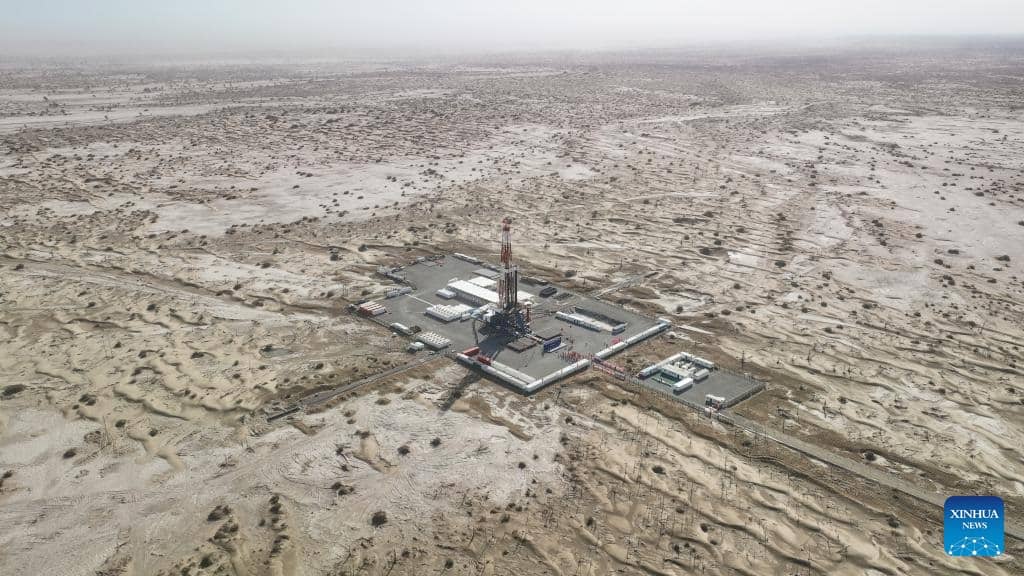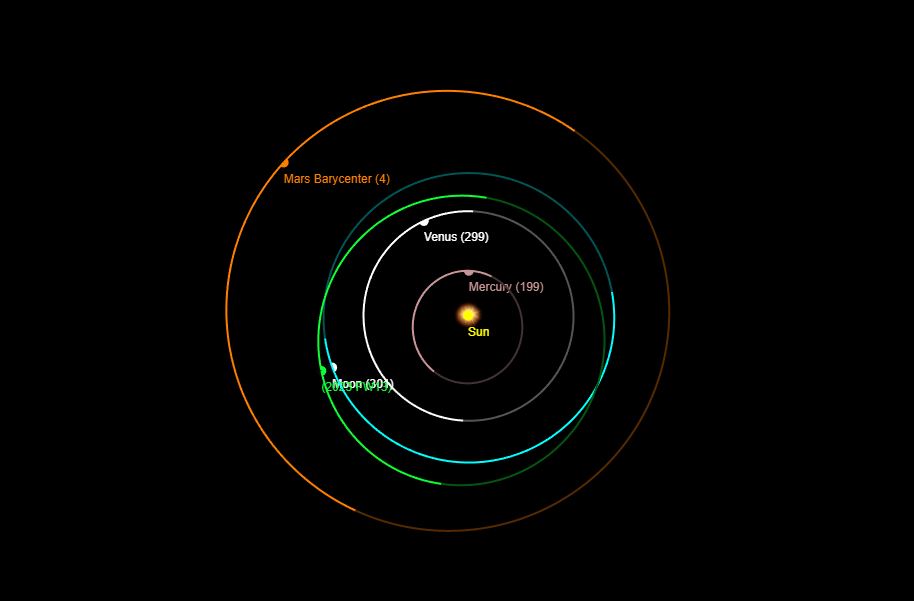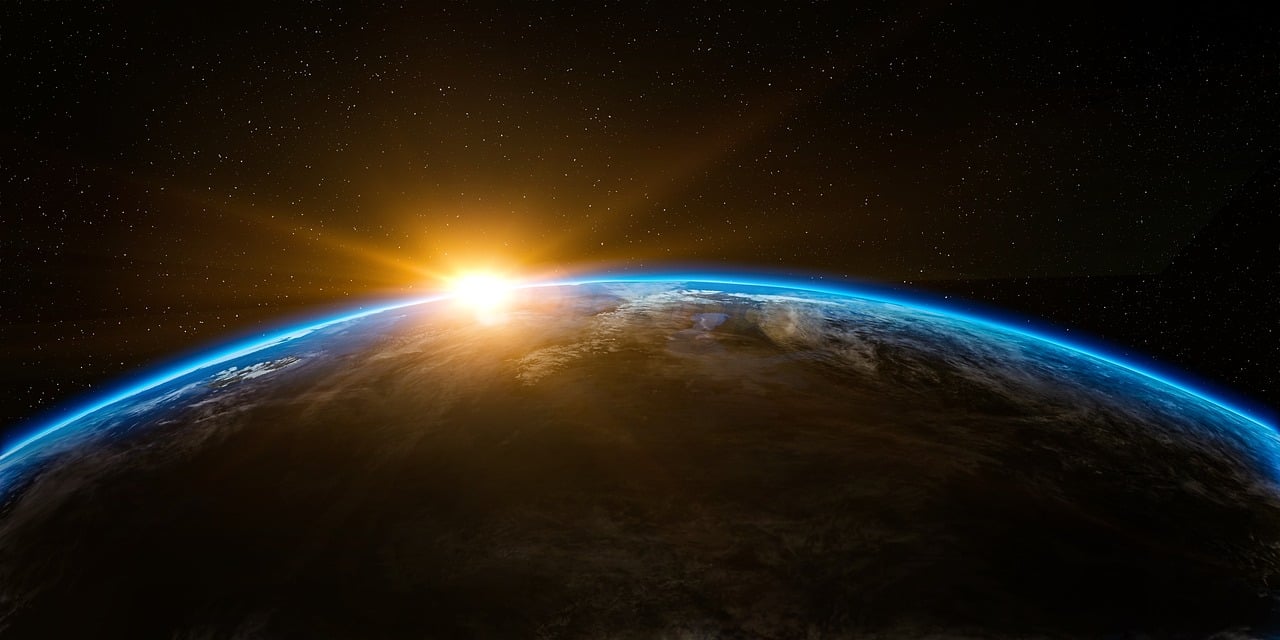A group of Chinese researchers began drilling a hole through the Earth’s crust that will be 10,000 meters (32,800 feet) deep if the goal is reached. The Tarim Basin, a major oil reservoir in northwest China’s Xinjiang Uygur Autonomous Region, is where the drilling started last week.
China has invested significant resources in exploring the Earth’s interior for a number of years. Engineers are currently drilling what will be the country’s deepest borehole ever. The nation seeks to investigate the composition of the Earth’s surface as well as find abundant mineral and energy resources.
The Kola Superdeep Borehole in Russia, which had reached a depth of 12,262 meters in 1989 after years of drilling, continues to be the deepest hole in the world.
Not an easy task
Heavy 2,000-tonne drilling equipment, including drill bits and drill pipes, will go deep into the Earth throughout the drilling procedure. More than ten rock or continental strata layers will be drilled through. The drilling will go beyond the Cretaceous system, a 145 million-year-old stratified rock formation. But as one might anticipate, this endeavor faces a number of difficulties. The Taklamakan Desert’s rocky Tarim Basin serves as the primary roadblock. It is the largest desert region in China and one of the largest in the world, so it has an unfriendly climate.

“The construction difficulty of the drilling project can be compared to a big truck driving on two thin steel cables,” said Sun Jinsheng, an academician at the Chinese Academy of Engineering, in an interview with Xinhua.
Despite several seafloor boreholes, the continental crust has proven more challenging to study because of its greater thickness, diversity, and complexity.
The successes of the US program for crustal studies have generated a wave of parallel programs in a number of other regions, including Australia, Canada, Europe, India, the Tibet Autonomous Region of China, and other places. As a result, seismic exploration of the continental crust is still a significant field of study worldwide.





